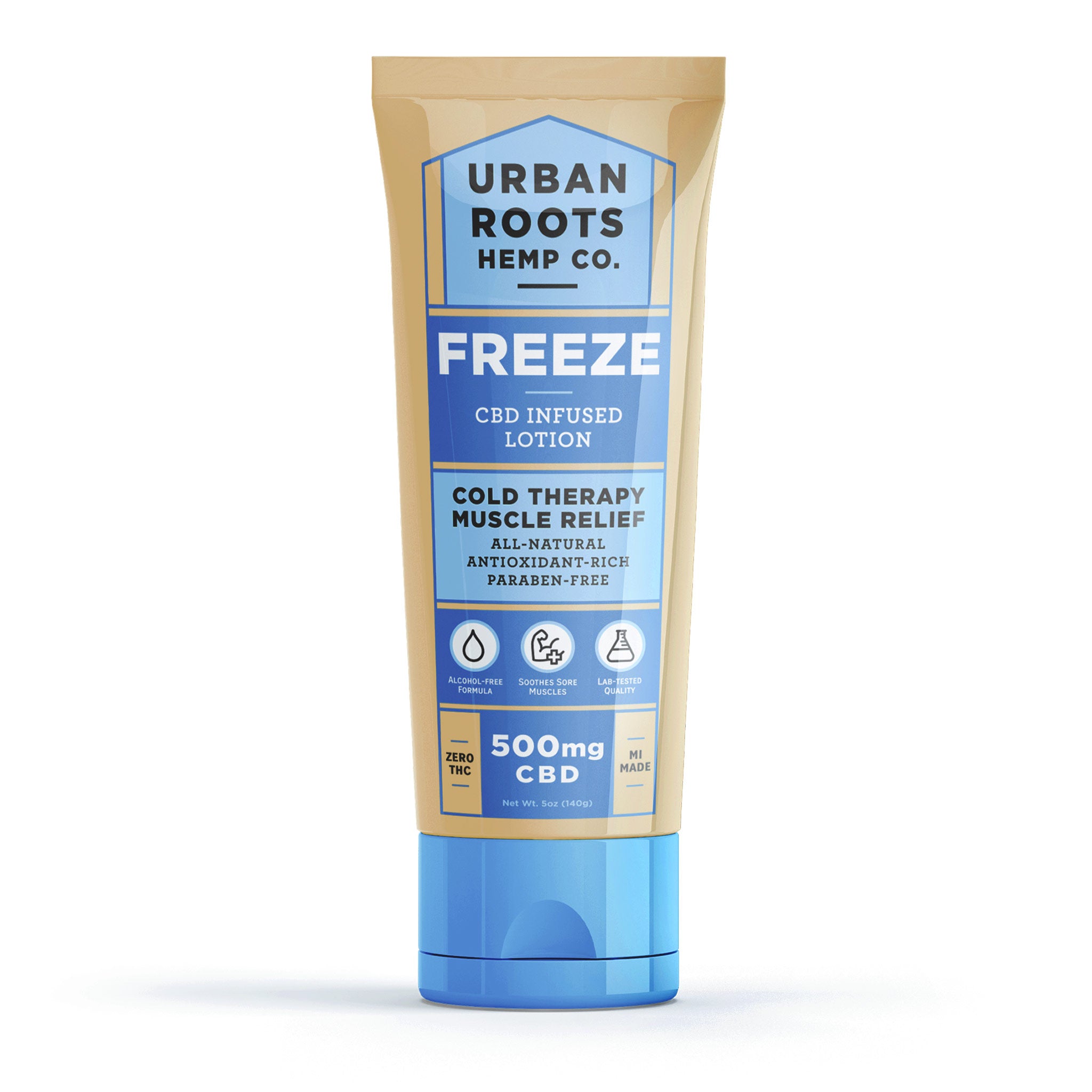CBD and Cortisol: How One Affects the Other


Cortisol plays a very important role in all of our bodies. Essentially, it acts as our primary built in alarm system and stress hormone. Produced by our adrenal glands, it works in concert with other parts of our nervous system to influence our moods, and drive our feelings of fear, anxiety, stress, and motivation.
The most widely known function of cortisol is in producing our bodies’ “flight or fight” reaction to crises. In doing so, cortisol has played an ancient and continues to play a current role in our survival instincts and in helping us overcome dangerous, life-threatening situations.
How Cortisol Works
Although cortisol is produced by the adrenal glands, the pituitary gland and hypothalamus region of the brain control when and how much is released. When it is released, cortisol can help control blood sugar levels, regulate metabolism, help reduce inflammation, and assist with memory formulation. It also has a controlling effect on salt and water balance and helps control blood pressure.
In times of crisis or danger, cortisol can even shut down or alter bodily functions that either get in the way of survival or need to work overtime in order to get past the crisis. Because there are cortisol receptors found on most of our cells, this hormone can have a powerful effect and influence our digestive system, reproductive system, immune system, and even our body’s growth processes.
Health Problems Related to Cortisol
Although necessary and helpful for survival when we are in dangerous situations, if cortisol levels remain too high, it can lead to serious health problems. If your body stays in “threat mode” even when the dangerous situation has passed, it can lead to conditions like the following:
- Anxiety and depression
- Headaches
- Heart disease
- Memory and concentration problems
- Problems with digestion
- Trouble sleeping
- Weight gain
Having cortisol levels that are consistently too high is known as Cushing Syndrome or Cushing’s Disease. Aside from issues conditions with your pituitary or adrenal glands that can cause an abnormal or prolonged increase in cortisol levels, the most common reason is related to stress.
Humans’ response to stress evolved over millions of years to help us respond to life-threatening situations. The problem in modern day, however, is that many people feel stress constantly in their everyday lives, and often for things that are not life-threatening.
Stress is what triggers the signals of both hormones and nerves that cause adrenal glands to release both adrenal and cortisol. As we mentioned, this can lead to, among other things, an increased heart rate and energy levels. Prolonged exposure to cortisol resulting from constant high stress levels can cause harm and generally wreak havoc on your body.
CBD and Cortisol
So what does all this information about cortisol have to do with CBD? We’ve discussed at length the how CBD may be on the verge of ushering in a new era of treatment options for mental health issues like anxiety and depression, as well as other physical health conditions that result from them.
When it comes to stress, CBD is thought to help by preventing the overstimulation of our body’s CB1 receptors and by boosting our body’s production of endocannabinoids. This then reins in the body’s response to stress, including the production of cortisol, and helps lead to the proper chemical levels and a balanced emotional state.
There is mounting evidence that CBD may be able to counteract the effects of cortisol by interfering with its production and secretion. One double-blind study administered 11 “normal” patients with CBD or a placebo to determine its effects on plasma prolactin, growth hormone, and cortisol. Although prolactin and growth hormone levels remained the same in the presence of CBD, cortisol levels dropped significantly.
CBD and Cortisol: Help Your Muscles Recover
Athletes are also starting to use CBD more and more for its reported effects of aiding muscle recovery after intense workouts. This would also be related to CBD’s effect on cortisol levels. High stress workouts can actually stimulate the release of cortisol that, as a catabolic hormone, can reduce protein synthesis and inhibit tissue growth and repair. This is because when your body is in stress-danger-survival mode, it de-prioritizes protein synthesis. That means that, in effect, cortisol acts to break down your muscles and prevent growth.
There are several studies that have found that CBD may be effective as an anti-catabolic substance. By helping limit the amount of cortisol that is released, CBD may help your muscles repair and grow back at a faster rate than they would otherwise. By controlling cortisol levels, you can make your workouts far more effective. This is in addition to improving your mood, calming anxiety, and better regulated stress.
How Does CBD Regulate Cortisol
Like with all of its reported benefits, CBD is thought to help reduce cortisol levels by acting through your body’s endocannabinoid system. This bodily communication system plays a vital role in our physiology, mood, and general day to day wellness, experience, and perception.
This system is made up of a network of receptors, enzymes, and biochemical pathways involved in manufacturing and using the body’s own form of cannabinoids: endocannabinoids (“endo” meaning "originating within the body"). Furthermore, they found that this system of receptors, enzymes, and biochemical pathways also respond pharmacologically to cannabis. The two main receptors in the endocannabinoid system are called CB1 and CB2 receptors.
Specifically, CBD is thought to help chronic stress by boosting the production of endocannabinoids that prevent our CB1 receptors from overreacting. This reduces the body’s reaction to stress and helps prevent the overproduction of chemicals and hormones like cortisol that can have potentially dangerous health effects if left unchecked for too long.
Conclusion: CBD and Cortisol
There are a lot of claims out there about the wide range of positive health effects that CBD may have. The way it would produce all these effects is through the manipulation and regulation of bodily chemicals and hormones found throughout our nervous system. Cortisol is just one of those hormones, but because it has such a far reaching influence on our bodies and day to day well-being, it is a very interesting development that is worth exploring more.
These statements have not been evaluated by the Food and Drug Administration. Our products are not intended to diagnose, treat, cure, or prevent any disease. This article was written by a third party and should not be taken as the opinion of the offering company.









